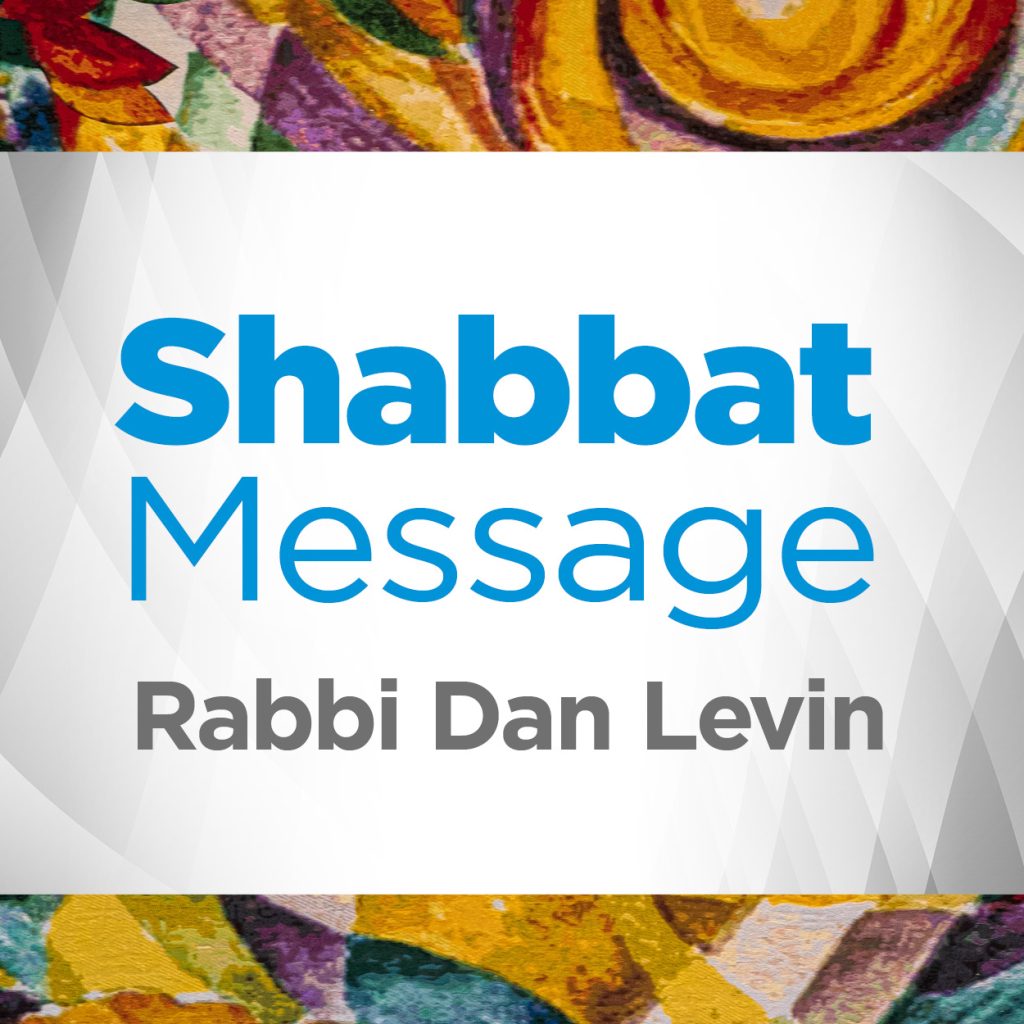There is something peculiar about the Book of Esther we read this week on Purim. God’s name is never mentioned – not even once.
Why should a text in which God’s name is never once to be found be required biblical reading?
The story of our people is one of wandering, wrestling, and praising. From the time we left slavery in Egypt, through our centuries of exile, we are, at once, Yisrael – one who wrestles with God, and we are Yehudim – a people who constantly declare God’s praise.
For more than two thousand years, our people has wandered to nearly every corner of the globe. And to greater or lesser degrees, while holding fast to our covenant of wrestling and praise, we also embraced elements of the national identities and cultures of the host countries and peoples among who we lived – their styles of dress, their languages, their culinary tastes, their music, and their mores.
And yet at the same time we steadfastly maintained our own particular national and religious cultural heritage – our unique religious customs, our texts and traditions, our language, tastes, music, and moral norms.
To be a Jew is to be a part of, and apart from, the peoples among whom we have lived.
The story of Esther we read this week in our celebration of Purim embraces that paradox. Living in and amongst the Persians, the Jews assimilated so well that a Jewish girl could win the affection of the Persian king and be named Queen without him even knowing she was Jewish. Esther’s name itself means “I will hide.”
And yet, while Esther can hide her Jewish identity, her people cannot. Mordechai may sit among the leaders in the palace gate, but he refuses to sacrifice the moral tenets of his faith. The Jews may live in Persia, but they are not Persians. As Haman says to the King: “There is a certain people, scattered and dispersed among the other peoples in all the provinces of your realm, whose laws are different from those of any other people and who do not obey the king’s laws; and it is not in Your Majesty’s interest to tolerate them.” (Esther 3:8).
So where is our hidden God to be found for the suffering Jews of Persia? In a podcast conversation between my teacher Dr. Yehuda Kurtzer of the Shalom Hartman Institute and Rabbi Dovid Bashevkin, Director of Education for NCSY, our people finds its salvation in two places – in Esther’s willingness to champion her identity, and in her calling the people to rally together as one.
“If you look toward the heavens, you’re not going to hear a voice,” says Rabbi Bashevkin. “But if you look towards each other, you can actually make out those whispers of God speaking … through the collective action of the Jewish people.”
When the Israelites came together as one nation in the wilderness of Sinai, God’s presence was revealed to them all together as one. And when their descendants came together as one nation in the diaspora of Persia, God’s presence was revealed through their communal mutuality.
Last night we learned about the horrific plight facing the Jews of Ukraine. Thousands have fled the perilous destruction of Putin’s invasion, and thousands more have remained to fight. In the thousand-year history of our people in Ukraine, it is only in recent years that Jews there have imagined themselves as Ukrainians. Under Soviet rule, our people’s identity cards listed their nationality not as Ukrainian or Russian, but as Jewish.
Could we ever have imagined that the leader of Ukraine would be a Jew like Volodymyr Zelensky, whose proud embrace of his Ukrainian identity would rally his people and peoples across the globe to his cause?
And could we ever have imagined how Jewish communities here and around the world would work so tirelessly to help all Ukrainians – Jews and gentiles alike?
God’s name is not to be found in the book of Esther, but we find God’s presence when we come together as one to profess the moral principles of our covenant – never to bow down to a maniacal megalomaniac, but instead to welcome the stranger, to redeem the captive, to feed the hungry, to clothe the naked, and to shelter the homeless.
God’s face may seem hidden in the midst of this terrible, painful, destructive war, but we must continue to struggle and praise, and see God’s presence revealed in how we come together to be one with each other, transcending nationality to embrace our common humanity.
Our Jewish identity requires us, not to stand apart, but to inspire all to build bonds of unity, kinship, and understanding. By growing to be more one with each other, we grow to be more one with God.
Shabbat Shalom,









